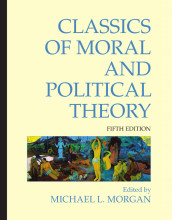Commission influence
3 important questions on Commission influence
Intergovernmentalists believe that national governments are the real driving forces in the European project. In the liberal intergovernmentalist version of this theoretical stance, it is accepted that the Commission has an important role to play. However, liberal intergovernmentalists claim what?
Intergovernmentalist thinking on the role of the Commission is countered by those whose approach might be labelled 'neo-functionalist' or 'institutionalist'. Most of these institutionalistts would argue that what?
Institutionalists argue that treaty-based frameworks, which are the main focus of intergovernmentalists, are what?
The question on the page originate from the summary of the following study material:
- A unique study and practice tool
- Never study anything twice again
- Get the grades you hope for
- 100% sure, 100% understanding































